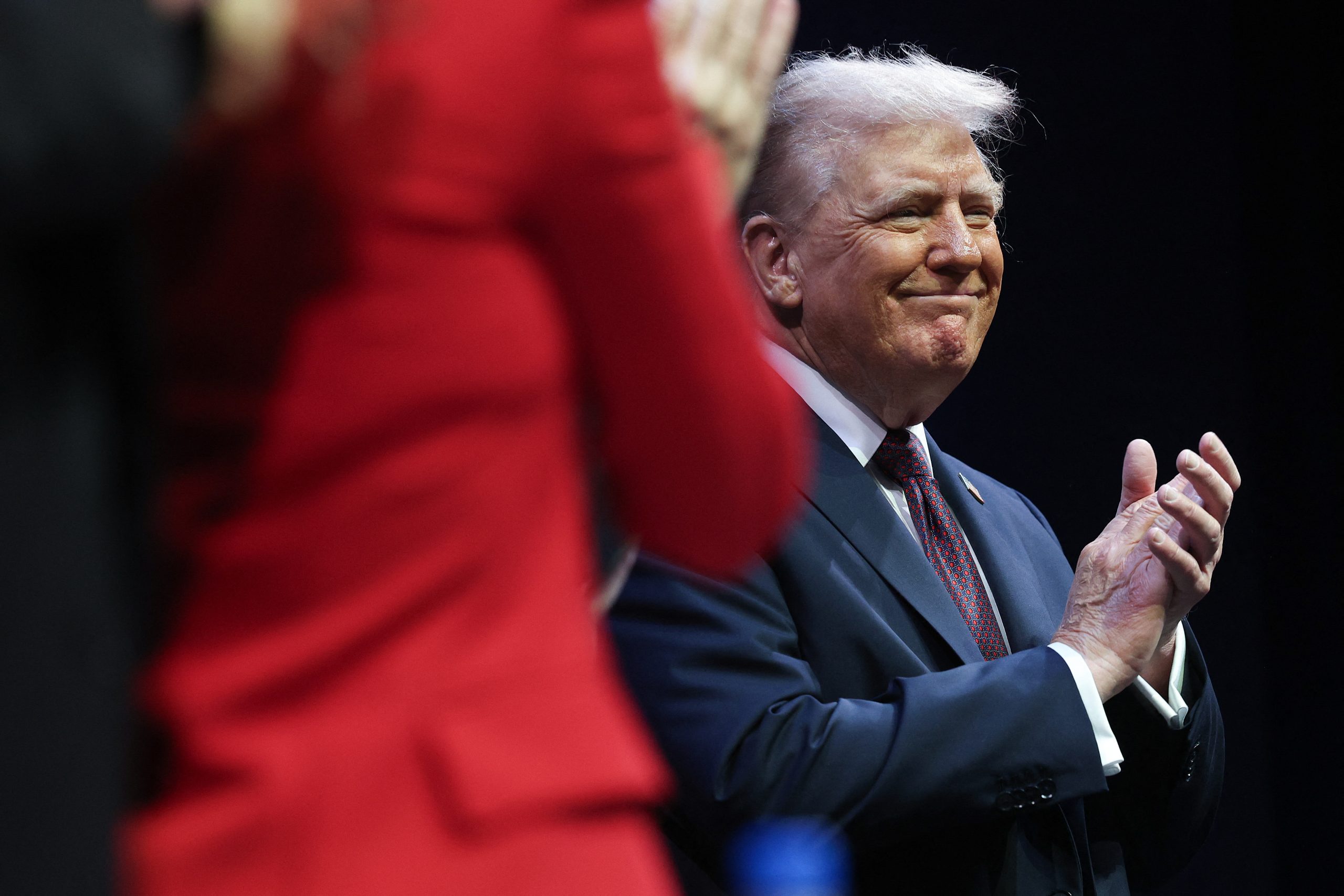Nokia has reported a 32% decline in second-quarter operating profit, attributing it to sluggish demand for 5G telecom equipment.
The Finnish telecommunications group’s profit, excluding certain charges and asset revaluations to maintain comparability with last year’s figures, dropped to 423 million euros ($462.38 million) from 619 million euros in the same quarter a year ago.
Net sales also decreased by 18% year-on-year, reflecting reduced investments in 5G technology in key markets like India, where growth had been rapid the previous year. Both Nokia and its competitor Ericsson have responded to the downturn by announcing significant layoffs.
According to Jefferies analysts, Nokia’s sales and earnings fell short of expectations when excluding one-time items. As a result, Nokia’s shares were down 8%.
CEO Pekka Lundmark acknowledged that sales recovery was slower than anticipated but expressed optimism that net sales would markedly improve in the latter half of the year. This outlook mirrors similar projections made recently by Ericsson. Lundmark highlighted improving conditions in the U.S. fiber market and the U.S. government’s $42 billion initiative to enhance broadband access, emphasizing Nokia’s advantage as a pioneer with products compliant with “Buy America” requirements. He anticipated a more substantial impact from these factors next year.
In Europe, Nokia and Ericsson stand to benefit from Chinese vendors losing market share following Germany’s decision to exclude companies like Huawei and ZTE from its 5G network products starting in 2029. Lundmark indicated that Nokia was assessing the implications of this policy.
Despite the challenges, Nokia maintained its full-year guidance for comparable operating profit. Analysts at Inderes cautioned that the outlook would remain pressured until the end of the year.









